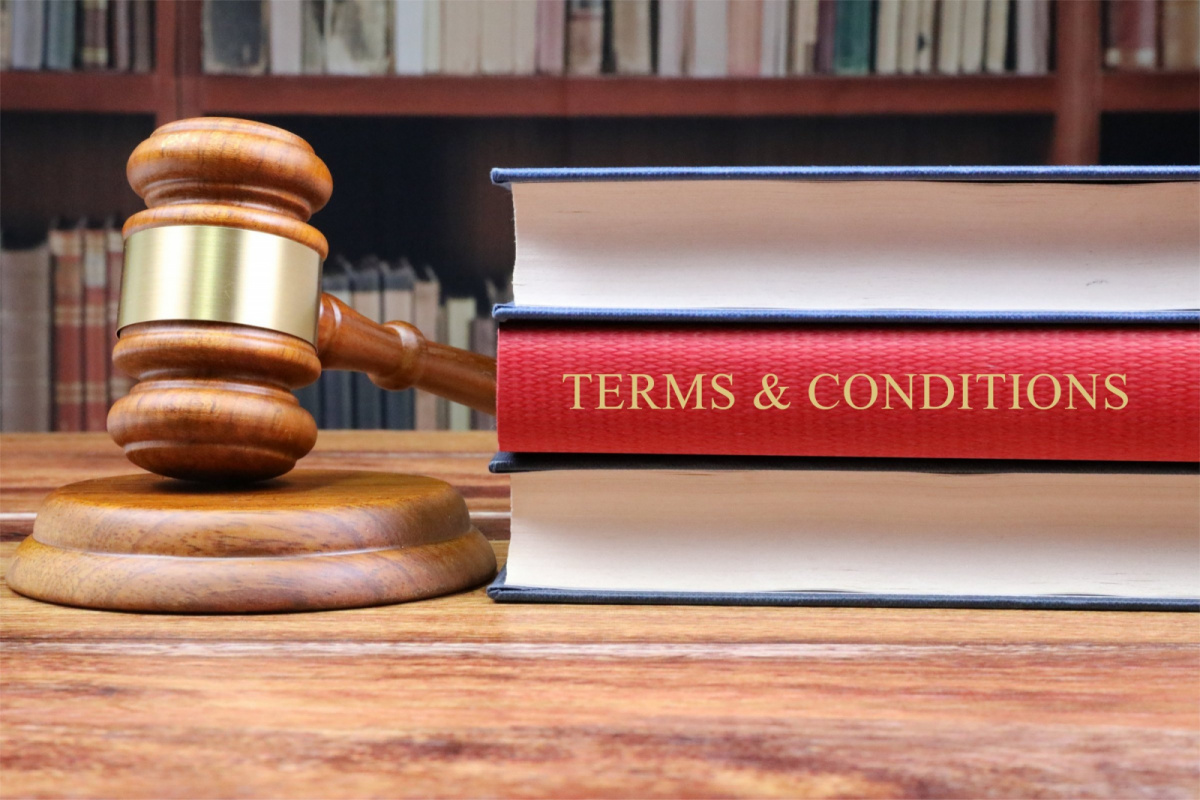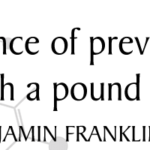All agreements should be carefully drafted after proper due diligence to ensure the parties are receiving what the parties agree to exchange. Representations and warranties lock in the core facts underlying the parties’ transaction.
Artificial intelligence upends many of the classic representations and warranties that are found in agreements. So be careful! Obvious examples where revisions are needed include:
- “No other agreement is violated by this Agreement“: The reality is that you have no idea what the AI did to generate its output. Due diligence may be predicated on the search results that were scraped or violate the ownership, licensing, or other intellectual property rights of third parties.
- “Seller lawfully owns and controls the Assets being sold“: If you are selling an AI product under any circumstance (transfer of ownership, license, etc.), then the Seller must represent and warrant that the training data (a) does not infringe upon a third party’s intellectual property or other rights; (b) is not biased in violation of state and federal law; and (c) the AI itself is owned by or properly licensed to the seller.
- “Trade secrets have been kept confidential to protect their economic value“: If any of a company’s employees inputs trade secrets–or any other confidential information–into Microsoft Co-Pilot or Chat GPT–then the seal of confidentiality has been broken. People across the globe may receive your trade secret in response to a query.
- “The Indemnitees will not be indemnified for grossly negligent or intentional tortious or criminal activity undertaken by the Indemnitee.“: The idea to create and not verify AI output in certain situations is a really, really bad idea. Arguably a dumb idea. You can conjure up your own examples.
David Seidman is the principal and founder of Seidman Law Group, LLC. He serves as outside general counsel for companies, which requires him to consider a diverse range of corporate, dispute resolution and avoidance, contract drafting and negotiation, and other issues. In particular, he has a significant amount of experience in hospitality law by representing third party management companies, owners, and developers.
He can be reached at david@seidmanlawgroup.com or 312-399-7390.
This blog post is not legal advice. Please consult an experienced attorney to assist with your legal issues.
Image: Contract by Nick Youngson CC BY-SA 3.0 Pix4free














